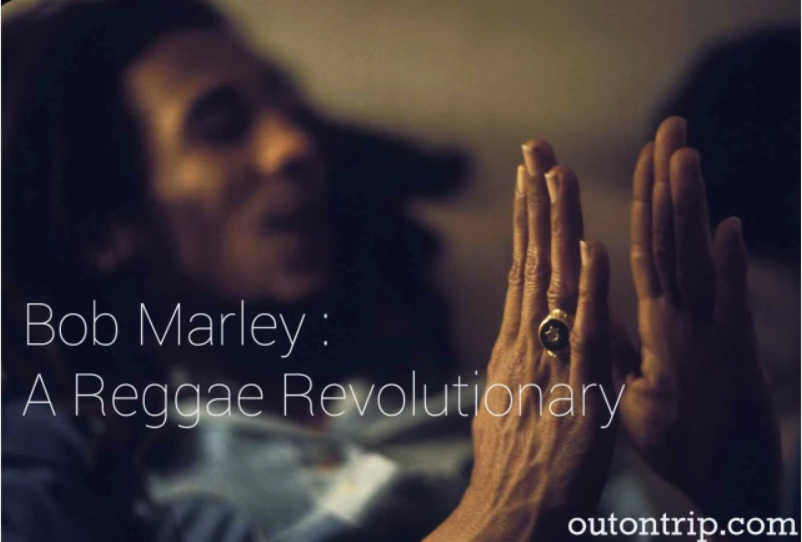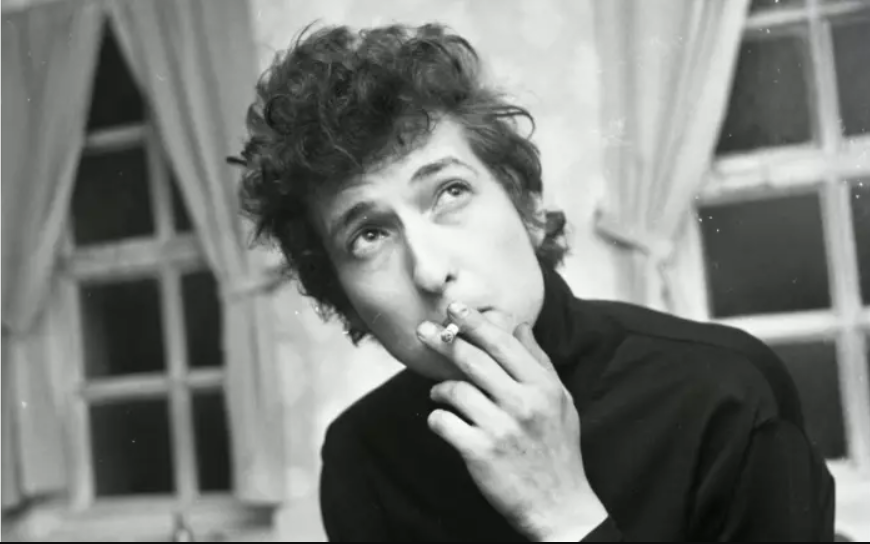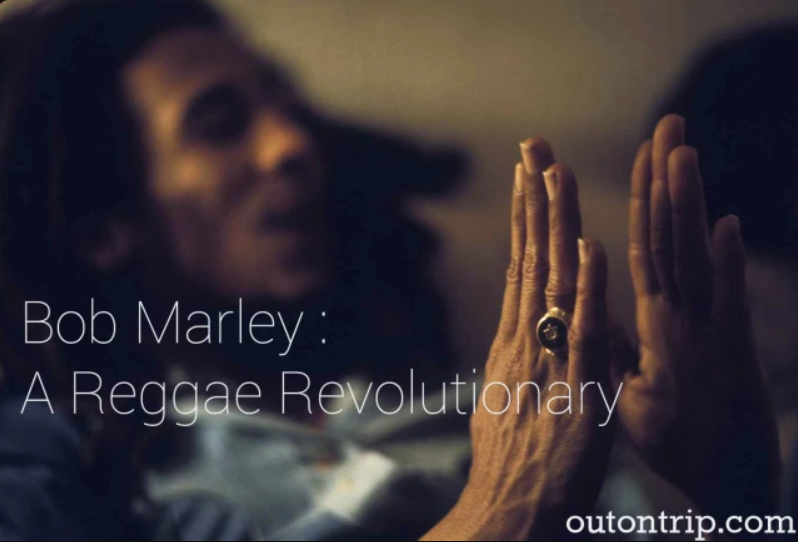
Among the people who have actually paid attention to Bob Marley, music, it is no secret that a lot of it dealt with suppressed people who had no voices...
Among the people who have actually paid attention to Bob Marley, music, it is no secret that a lot of it dealt with suppressed people who had no voices. Marley wanted to not only make music that sounded beautiful, he also wanted to write lyrics that were meaningful. And perhaps as a result of this, most of his songs have a political underpinning, which paradoxically enough, is in a certain sense, apolitical.
To understand this aspect of his music, we need to go no further than his hometown: Kingston, Jamaica. Here the political environment was usually really tense. Jamaica had 2 parties: The People, National Party (PNP) and the Jamaica Labour Party (JLP), and these parties often had conflicting programs for managing the economy. In several instances the parties had resorted to violence in opposing each other; throughout the 1970s and 1980s, both parties aligned themselves with rival gun gangs and fought their political battles in the streets, fight they did not mind carrying into the polling booths. What Marley was trying to achieve through his music was to both console the people that everything is going to be fine, as well as urge them to take action..jpg)
This was his biggest paradox, and it has continued through the years in the way that he is portrayed in public media.
What we find today is a Bob Marley no longer represents the interests of the minority, who no longer reveals the hypocritical ways in which the government works. He rather appears, as proliferation of images have made him appear, as a person who just professes unconditional calmness and believes that smoking marijuana is the way to live life. There is something seriously wrong with the way it represents Marley, apparently primary concerns.
These were in fact not his primary concerns at all.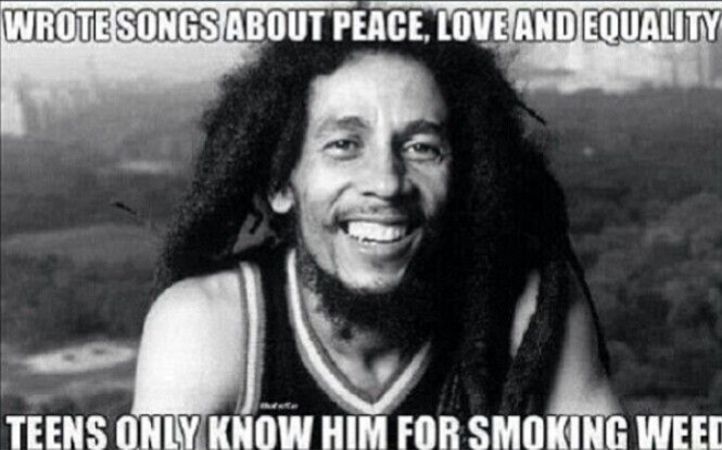
He believed in an equal world for all people. He even went so far as to say that he wasn‘t on the side of the blacks, neither on the side of the whites, but that he was on the side of God. One of his albums, Survival even had an outwardly militant theme: there was no mistaking that what he was singing in his songs was about indeed a Pan-African identity, a concept heavily against the status-quo of the time, and one that wouldn’t gain traction easily.
And as regards his marijuana usage yes, it is true that he did smoke it frequently, but that was in accordance with his religious practices. He believed in the healing powers of the plant, and believed that it is something that should be legalized and available for all. It should be noted how Marley himself was never negatively affected by the use of the drug: he famously said, when you smoke the herb, it reveals you to yourself. Â
His marijuana habit really must have revealed himself to him, and as a result of it he went on to become the great musician that he is now today revered as.
It is quite saddening to realize how a majority of popular culture surrounding Bob Marley is hinged on two essential factors: first, his excessive use of marijuana; and second, on him being a peace-loving, passive sort of person.
But Marley was both these things and much more. He did use marijuana, but only in so far as it broadened his intellectual horizons, never to impede them. He was a peace-loving person, but believed that equality is a right, and that if it is not readily available, it should be fought for, and it should be fought for hard. He even said "It's better to die fighting for freedom then be a prisoner all the days of your life." But this quote was quickly forgotten, receiving almost no media attention compared to the ones that involved marijuana--since it is a saleable product, and freedom, unfortunately, is not.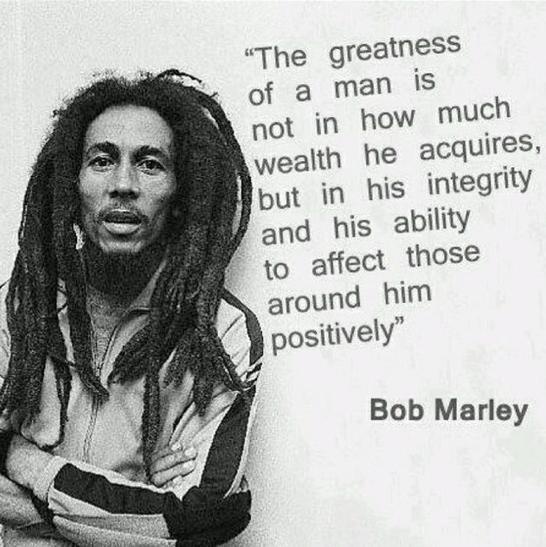
Nobody seems to mention these things anymore. They really should: Bob Marley was one of the most influential musicians to have made an impact in the world for a reason. And the fact that time is slowly adding layers and layers of dust through commercialization, publicity, and brainwashing, to his rich and complex history is perhaps the saddest thing for a Bob Marley fan.
You could think of it as an extended public haircutting ceremony where it was in his religion to never cut a strand of his hair.

